21 Holidays and Celebrations in the United States (Basic, A1 Level)
Celebrating American Culture
Thanksgiving
/θæŋksˈgɪvɪŋ/
Thanksgiving Day is a time for giving thanks for everything good in your life.
People like to celebrate Thanksgiving with a big meal with family and friends. Traditional Thanksgiving dishes include turkey, stuffing, and pumpkin pie.
Thanksgiving is on the fourth Thursday of November each year.
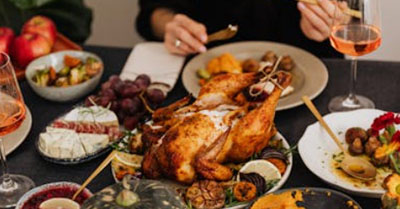
Karolina Grabowska | Pexels
4th of July (or Independence Day)
/ˌɪndəˈpɛndəns ˈdeɪ/
Independence Day celebrates the date the Declaration of Independence was adopted on July 4, 1776. People celebrate the Fourth of July with fireworks, parades, and barbecues with family and friends.
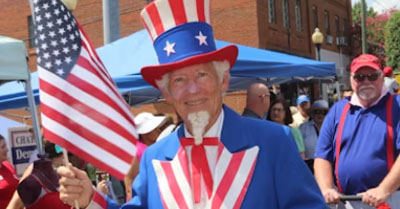
Gene Gallin | Unsplashed
Religious Holidays
Christmas
/ˈkrɪsməs/
Christmas is celebrated on December 25th with family gatherings, gift exchanges, and festive decorations.
Some people have dinner with family and friends on Christmas Eve (/ˈkrɪsməs ˈiːv/), the day before Christmas. People open presents and have a Christmas lunch or dinner on Christmas Day.
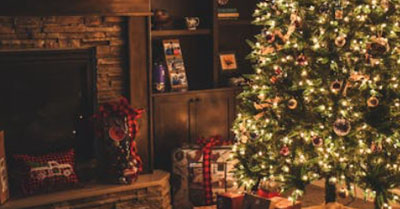
Brett Sayles | Pexels
Easter
/ˈiːstɚ/
Easter commemorates the resurrection of Jesus Christ with church services, egg hunts, and family gatherings.
Easter is celebrated on a different day each year, usually between March 22 and April 25.

Anna Bratiychuk | Unsplash
Hanukkah
/ˈhɑːnəkə/
Jewish people celebrate Hanukkah for eight days and nights. They commemorate the rededication of the Holy Temple in Jerusalem with the lighting of the menorah and traditional foods.
The beginning of Hanukkah changes each year, but it is usually in December.
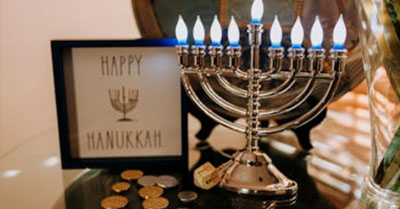
RDNE Stock project | Pexels
Ramadan
/ˈrɑːməˌdɑːn/
Ramadan is a holy month observed by Muslims with fasting (not eating or drinking during the day hours), prayer, and community gatherings. Ramadan is also a time for charitable giving, and Muslims may participate in acts of kindness, generosity, and support for those in need within their communities.
The first day of Ramadan changes each year.
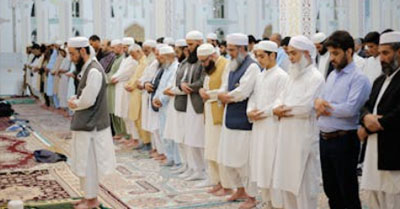
Mohammad Ramezani | Pexels
Diwali (or Festival of Lights)
/ˈdi wɑːli/
Diwali or Festival of Lights is a Hindu festival symbolizing victory of light over darkness. People celebrate it with fireworks, decorations, and sweets.
The day changes each year, but it is typically between October and November.
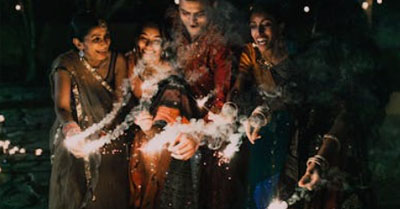
RDNE Stock project | Pexels
Honoring People and Events
9/11
/ˈnaɪn ɪˈlɛvən/
In the United States, 9/11 or September 11 commemorations remember the tragic events of September 11, 2001. People gather to honor the lives lost in the terrorist attacks on the World Trade Center in New York City, the Pentagon in Washington, D.C., and Flight 93 in Pennsylvania.
Commemorations include moments of silence, memorial services, and the reading of victims' names.

Thomas Svensson | Pexels
Martin Luther King Jr. Day (or MLK Day)
/ˈmɑrtn̩ luθər ˈkɪŋ/
Martin Luther King Jr. Day honors civil rights leader Martin Luther King Jr. with events and community service.
It is observed on the third Monday of January each year. (More information in a new tab.)
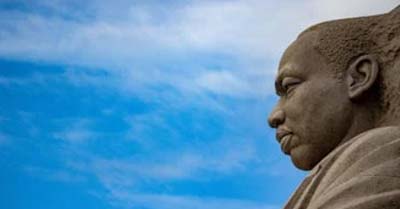
Hugo Magalhaes | Pexels
Veterans Day
/ˈvɛtər ənz ˈdej/
Veterans Day is observed on November 11. It honors military veterans (that is, people who served in the military before) with ceremonies and parades.
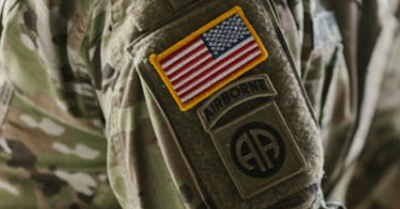
RDNE Stock project | Pexels
Labor Day
/ˈleɪbɚ ˈdej/
Labor Day honors the economic contributions of American workers with parades, picnics, and barbecues.
Labor Day is celebrated on the first Monday of September each year.

Mikael Blomkvist | Pexels
Memorial Day
/məˈmorijəl ˈdej/
Memorial Day honors fallen soldiers with ceremonies, parades, and visits to cemeteries.
Memorial Day is observed on the last Monday of May each year.
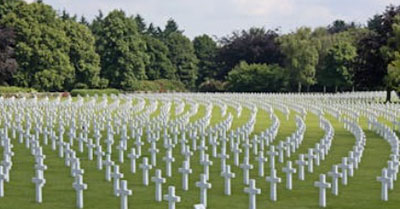
Pixabay | Pexels
Presidents’ Day
/ˈprɛzɪdənts ˈdej/
Presidents’ Day is observed on the third Monday of February. It honors all past U.S. presidents, particularly George Washington and Abraham Lincoln.
It is often associated with sales and discounts on various goods.
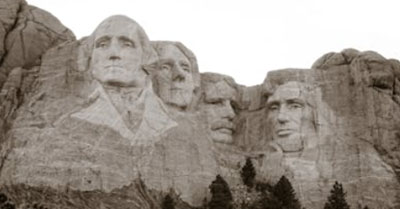
Jeanetta Richardson-Anhalt | Pexels
Cultural Celebrations
Halloween
/ˌhæləˈwiːn/ /ˌhɑːləˈwiːn/
Halloween is a fun holiday with costumes, trick-or-treating, and spooky decorations.
It is a tradition for children to wear costumes and go from door to door saying, “Trick or treat!” Then people give them candy. Adults also dress up in costumes and have Halloween parties.
Halloween is always on October 31.
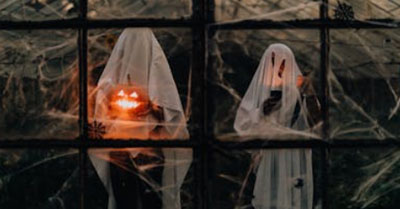
Karolina Grabowska | Pexels
Juneteenth
/ʤuːn ˈtiːnθ/
Juneteenth celebrates the end of slavery in the United States with community gatherings, music, and cultural events.
Juneteenth is celebrated on June 19 each year. (More information in a new tab.)
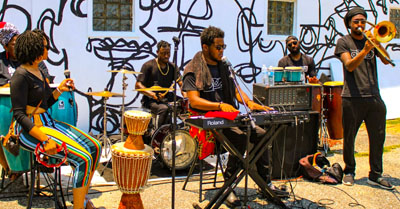
Derek Lamar | Unsplash
Valentine’s Day
/ˈvælənˌtaɪnz ˈdej/
Valentine’s Day is a day to show love and affection with cards, flowers, and chocolates.
People who are in love do something special on Valentine’s Day, but you can also celebrate with friends and family. You give each other “valentines,” cards or small presents to show someone you care about them.
Valentine’s Day is on February 14 every year.

RDNE Stock project | Pexels
St. Patrick’s Day
/ˌseɪnt ˈpætrɪks ˈdej/
St. Patrick’s Day celebrates Irish culture with parades, wearing green, and enjoying Irish food and drink.
St. Patrick’s Day is celebrated on March 17.
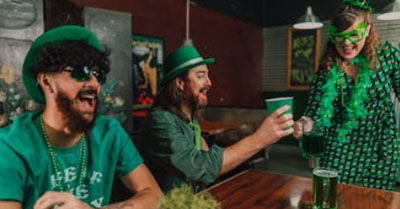
RDNE Stock project | Pexels
Mardi Gras (or Fat Tuesday)
/ˈmɑrdiˌgrɑː/
Mardi Gras or Fat Tuesday is a festive occasion marked by parades, colorful costumes, and indulgent foods before the start of Lent.
Mardi Gras is celebrated on different days each year, but it is always the day before Ash Wednesday. On Ash Wednesday, people go to church services and receive ashes on their foreheads in the shape of a cross.
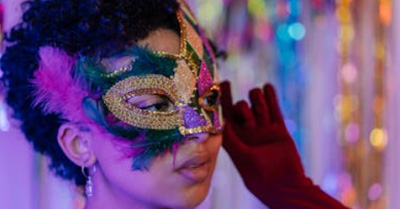
Mikhail Nilov | Pexels
Cinco de Mayo
/ˌsɪŋkoʊdəˈmajoʊ/
Cinco de Mayo (”May 5” in Spanish) commemorates the Mexican army’s victory over the French Empire with parades, parties, and traditional Mexican food and music.
Many Americans are not exactly sure what Cinco de Mayo celebrates, but they enjoy the traditions anyway.
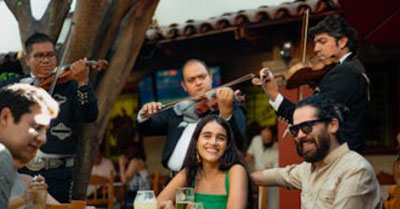
Los Muertos Crew | Pexels
Día de los Muertos (or Day of the Dead)
/ˈdiːə də ləs ˈmwɛərtoʊs/
Día de los Muertos or Day of the Dead is a Mexican holiday honoring deceased loved ones with altars, offerings, and colorful decorations.
Día de los Muertos is on November 1 and 2 every year.
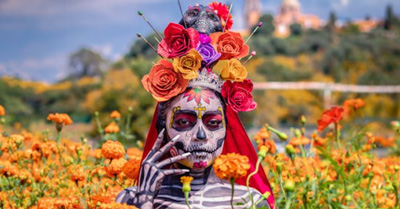
Oscar Damián Jiménez | Pexels
Oktoberfest
/ɑkˈtoʊbərˌfɛst/
Oktoberfest is an annual festival celebrated in Munich, Germany, and in many other parts of the world, including the United States. It typically takes place in late September and early October, lasting for about two weeks.
Oktoberfest is known for its lively atmosphere, traditional Bavarian music, dancing, and German food and beer.
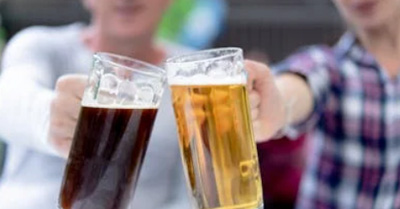
Oleksandr P | Pexels
Congratulations on completing this lesson!
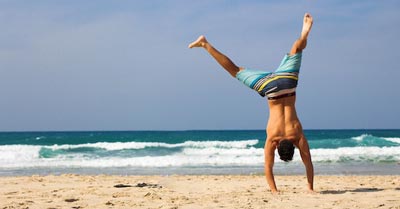
Thanks to our supporters!
This material has been made possible by supporters like you. Learn how you can support us.
Thank you for Supporting Snap Language
Snap Language supporters make the creation of these materials possible.
Learn how you can support our work, get perks, and help us continue creating high-quality materials.
You can support us by simply white-listing this site.